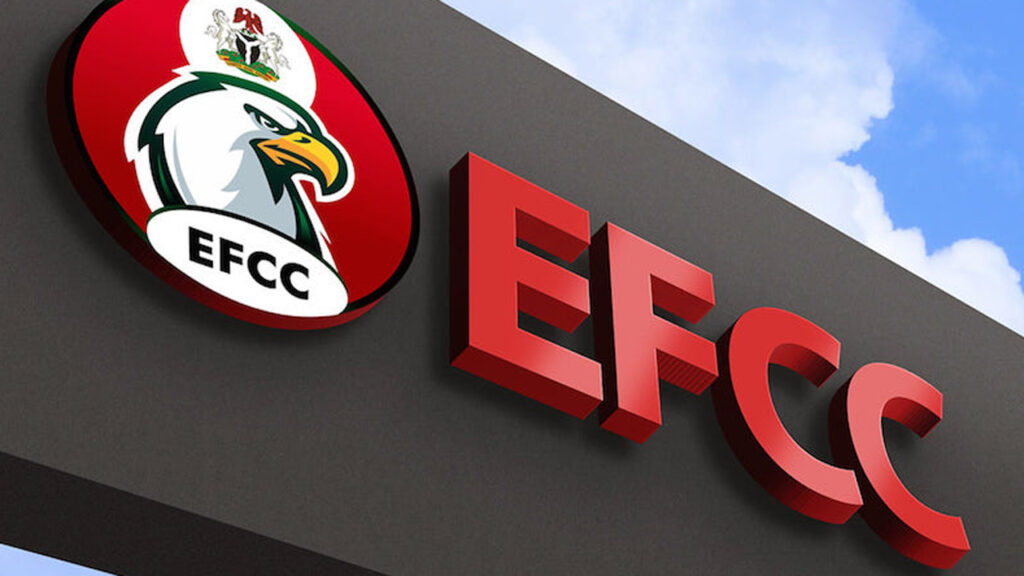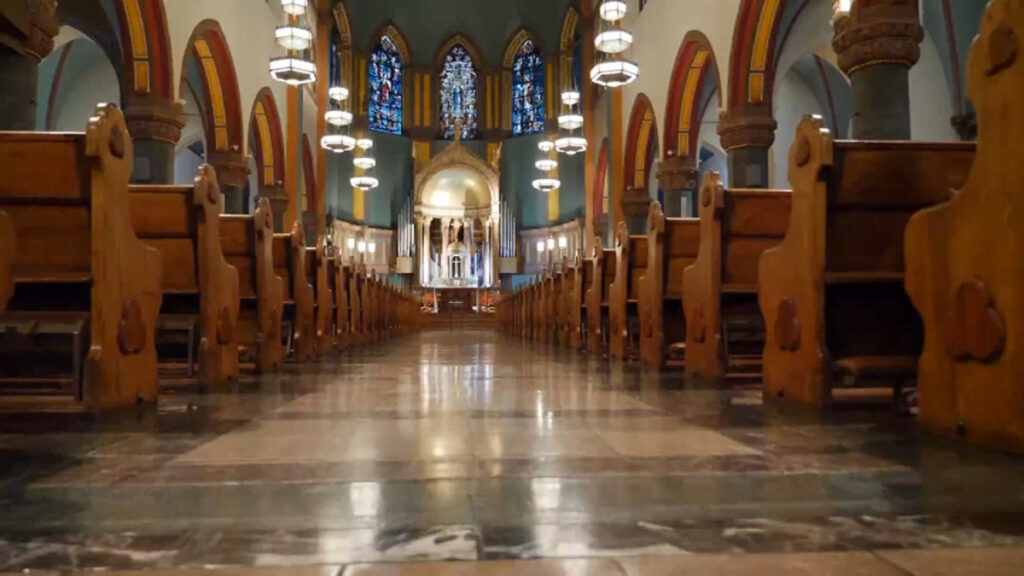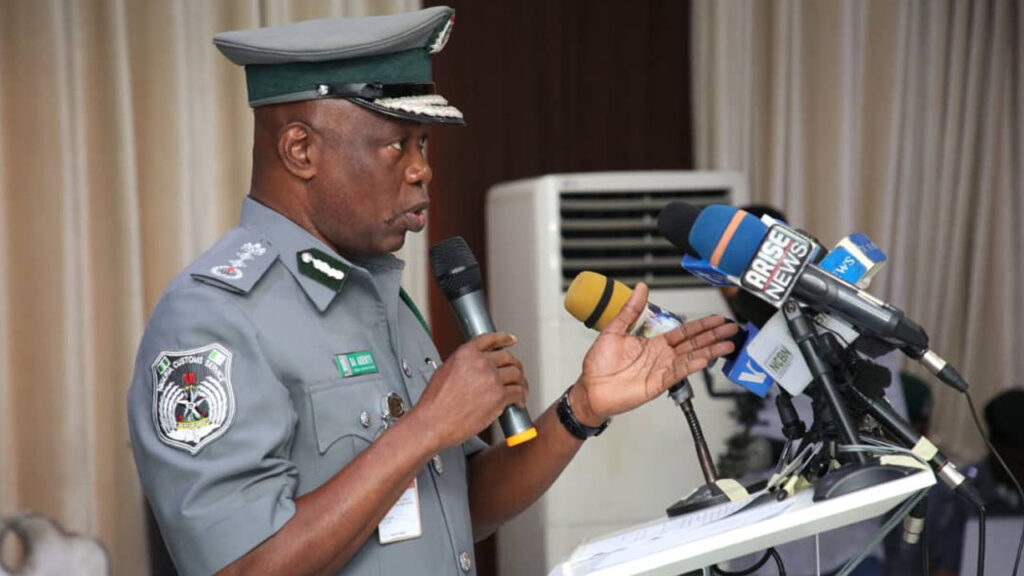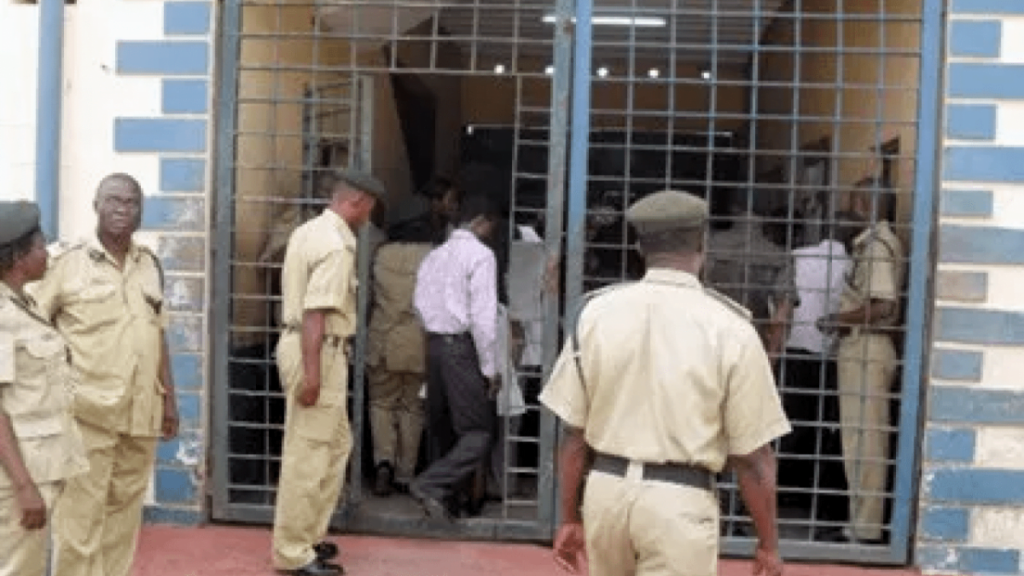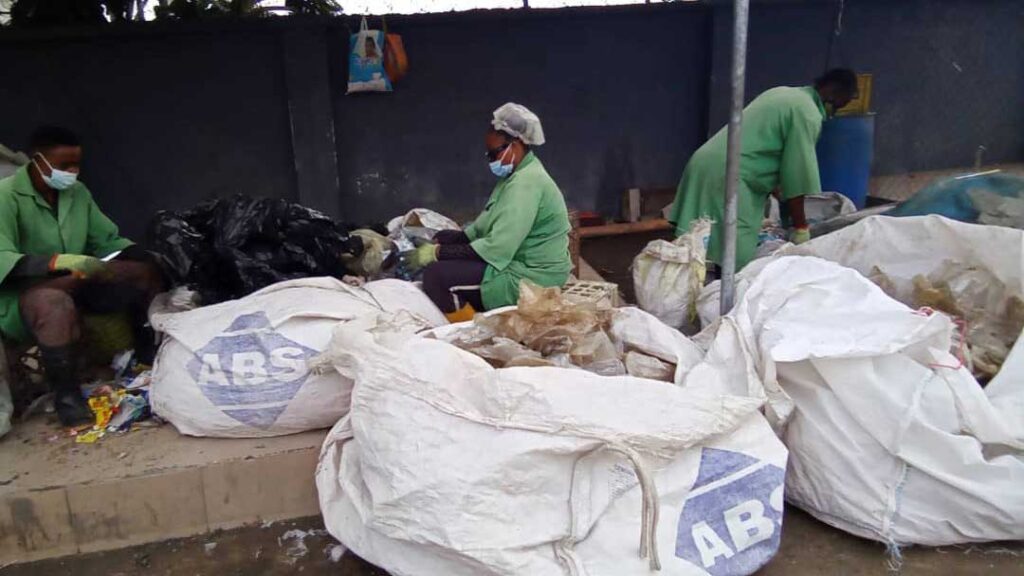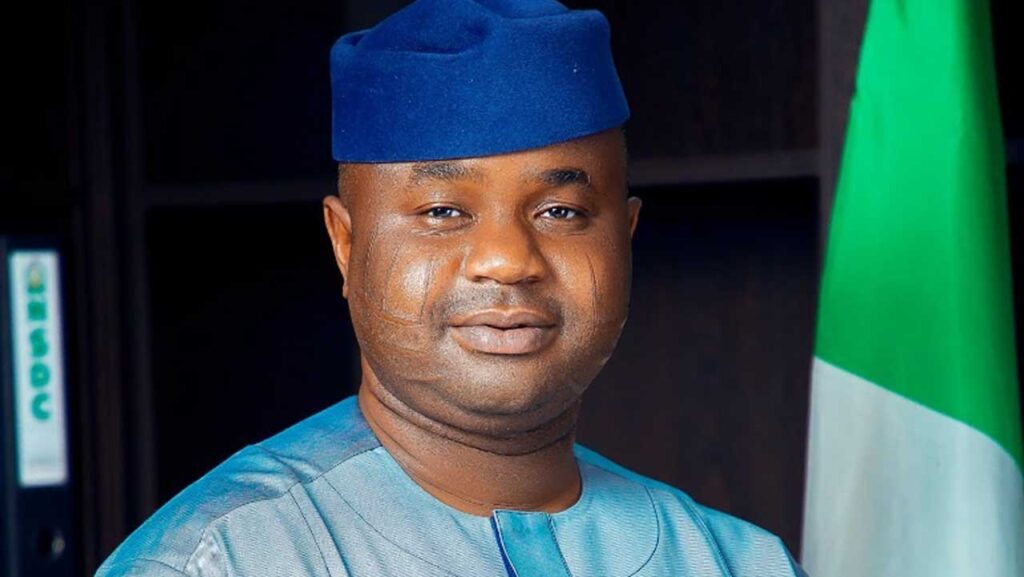
Sir: This piece primarily stemmed from a recent Nigeria-focused conversation with a Delta State born but Florida, United States of America (USA) based practising lawyer who studied in England, Finland, Sweden, and Norway among others.
Beginning with Nigerian’s style of politics, he succulently captures; seeing things from the vantage point of a technocrat makes it difficult to consider politics. I think today’s politics in Nigeria is not tailored to the development of the country, but to the individual players and their various interests.
Accountability is next to zero. I would like to see Nigeria raise a new crop of politicians who are ready to genuinely orchestrate development of the country. It takes vision, planning, and implementation of the various components of the vision with deep rooted transparency and accountability. I am not motivated to be a politician. I am more of a technocrat.
Above all, for Nigeria to develop, it must look inward. This means that our people must learn to believe in themselves and trust its people to make the shift from primitive lifestyle to high-tech economy. The level of distrust, in-fighting and desperation to distribute the affluence of the country is scary. From that standpoint alone, I don’t want to have anything to do with politics here.
Asked to comment on the current situation of the nation, he has this to say: The people in power right now are suffocating Nigeria. When I left this country, the Nigerian naira was at par with dollars and overtime, it deteriorated so badly. Now, it’s heading to N1000 or N1200 to one dollar. So, you can see that the purchasing power is very low and unfortunately, people are not able to afford imported goods.
The way the system works in this part of the world is that whoever is the governor takes care of his people. But something of general note is that politics has been alternated. The governance right now is unpredictable. Everything has gone wrong. I believe there is a need to usher in some changes. For instance, in the removal of the fuel subsidy, what I was looking at was the possibility of the President setting up some social safety nets for the people instead of palliatives. Why not channel the funds into mass transportation development that could lead to massive job creation – buses, drivers, mechanics, administrators, etc.? Why not free transportation on the buses for six months? You can’t expect civil servants under the present challenges in the country to transport themselves to the offices five days a week. Why can’t they (the government) make transportation free for one year? That is something I’m challenging the government to do.
He opined that if we’re suffering today that we can no longer import goods and boost the local economy, the suffering would probably not be more than five years from now. The country would transform. But unfortunately, people have seen this business of importation as a means to enrich themselves.
Jerome-Mario Utomi is the programme cordinator (Media and Public Policy), Social and Economic Justice Advocacy (SEJA), Lagos.


